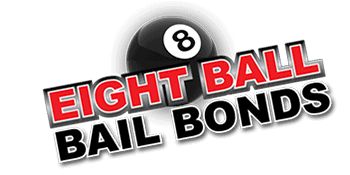Understand How Bail Bonds Work
There are two forms of bail options, the first one is what most people are familiar with, which is bail and the second is a bail bondsman.
Bail is the amount of money assigned by the court for the defendant to pay to avoid jail time while promising to be present in all required court sessions.
If the defendant has money, it’s easy to post bail. The second form is what’s called a bail bond or jail bond; many call it the bail option for the financially challenged.
A lot of people are not too familiar with the second option, but to further explain how bail bonds work, the law describes it as a form of bail wherein the services of a bail bondsman are used.
What is a Bail Bondsman
Bondsman is a person (or organization) that will post bond with the court to secure the defendant’s release instead of the defendant having to pay the cash amount assigned by the court.
The bondsman serves as a Surety or Guarantor in the contract between the State and the defendant; it’s his responsibility to assure the State that the defendant will make an appearance in all the scheduled court sessions for his case.
Bail bonds are deemed quite risky, though, particularly for the bail bondsman since he is automatically held accountable for the behavior of the defendant.
Should the defendant fail to meet the requirements stated in his contract with the Court, the bondsman will have to pay the amount of money assigned by the court for the defendant’s bail, or personally arrest and surrender the defendant to the authorities. It’s a big job and so much is at stake.
 Despite this, securing the services of a bail bondsman is quite simple. Most bail companies do not have stringent requirements for it.
Despite this, securing the services of a bail bondsman is quite simple. Most bail companies do not have stringent requirements for it.
Oftentimes, all they require is the signature of the client – it could be the lawyer of the defendant or a family member. And once that signature is provided, the bail bondsman bails out the defendant right away. It’s that easy.
But due to the high risk of this “position” and the complexity of the defendant’s case, at times, the defendant would need to deposit collateral to the bail company.
What is Collateral
This can be a lump sum of money (typically much lower than the bail set by the Court) or a lien on property or bank account balance, or any other item that can be pawned, which is deposited to the bail bondsman or company.
It is returned to the defendant in full after the conclusion of the trial. However, if the bondsman has incurred expenses because of the role he played in the legal process, part of the collateral or the full collateral may serve as compensation or payment for those expenses.
Learn more about How Bail Bonds Work by contacting an Eight Ball Bail Bonds representative today!

